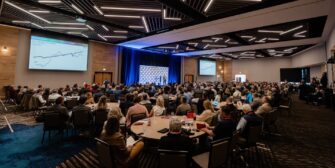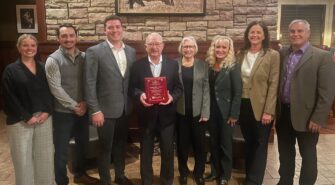Preview a ‘taste’ of family business at one-of-a-kind dinner
Recent News
Mills Property Management entering third generation
Mary Jo Minor’s business revolves around people, from tending to residents’ needs to overseeing property for owners and working with her own family.
Based in Brookings, Mills Property Management was born out of her father’s construction and development companies founded in 1949. Mills Property Management became its own entity in 1992 and has grown to manage more than 2,200 apartment units in eastern South Dakota and eastern North Dakota, as well as commercial property in Brookings and Mitchell.
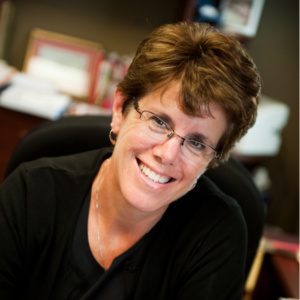
You are a second-generation family business owner. Was it always your plan to enter the business, or how did you become part of it?
It was not always the plan. My dad was at the point of his development career where he needed more help in managing the properties and locations that he was developing. He came to me and said that there was an “opportunity” in the family business in the management side of things. I had no clue exactly what that meant. But I didn’t want to miss an opportunity to be a part of what my dad was doing and to learn the family business. I also had a need for flexible employment as I had small children. We also were farming, and during the 1980s things were not so good in farming. Interest rates were sky-high, and we had lots of economic education through our farming-life events. So taking a place in the family business felt stable and promising.
What approach did you and your family take in transitioning leadership to you?
My dad was always ahead of his time with his developments, and he was, in most ways, very proactive in his thought process about how he wanted to pass the business on, but not as much in terms of how it would play out and what the actual transition process looked liked.
I started learning the various tasks and duties related to specific properties and programs. After attending national conferences and the Associated Home Builders Convention multifamily sessions, I saw that property management was a much bigger picture and industry than I had imagined. I started to implement small changes in processes and procedures. In 1992, an intentional decision was made to incorporate the management services independent of the construction company. I became president of Mills Property Management. I had four other people with experience working with me, and together we made decisions and just came to work every day, even though I was in way over my head and I knew it. God had a plan for Mills Property Management and the future and the people that would cross my path. In hindsight, there are many different and far better ways to transition a family business, and I am trying to remember that as I look ahead to the future.
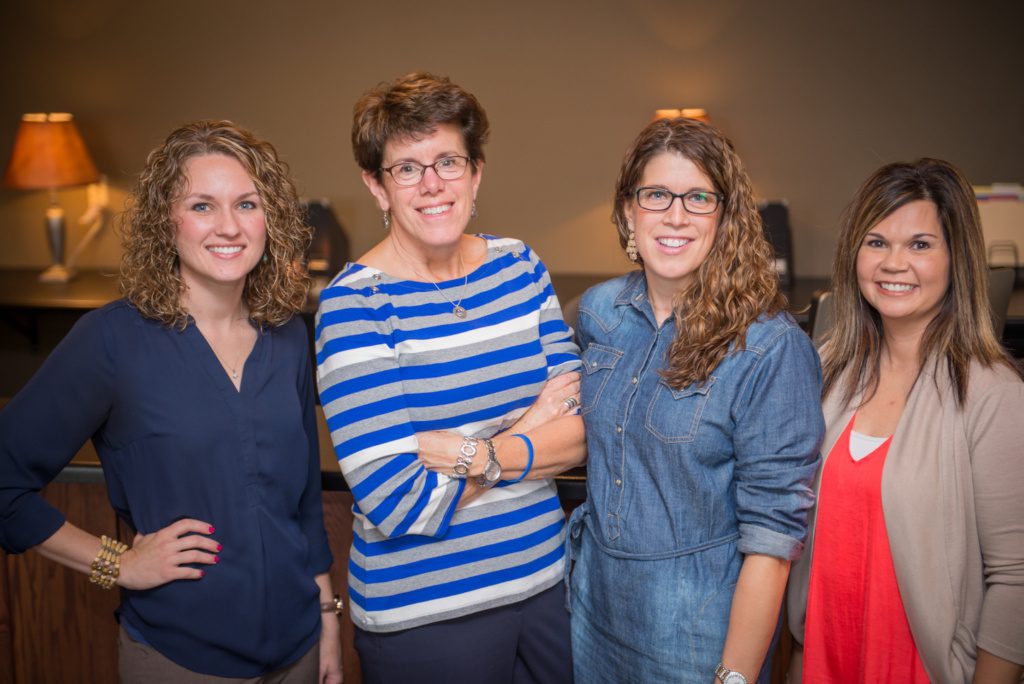
You’re now working with the next generation in your business. How have you gone about balancing business with family as you develop them in leadership?
I am very fortunate to work with my daughter, my daughter-in-law and Elena, a nonfamily-member key employee, transitioning them into ownership and into the leadership roles here at Mills Property Management. Balance is a tricky thing, and I am thankful that we all have exercised a great deal of grace and forgiveness as we moved forward and find our best way. Sometimes stepping on toes and forgetting to communicate important items is hard to get through, but I think that we have high expectations and know that we all want the best for the business and for each other.
We do try to keep business talk and planning strictly at work and not at family gatherings. We usually are pretty good about not talking about work at family gatherings. Also, it is quite important that each of us have parts of our lives that are just ours, things like friends and social functions separate from work. We don’t need to share everything with each other every day. But we do share a lot of our lives together, and it is wonderful and great, and it works when it works, and then sometimes you just need to take a breather. That’s where the grace and space for each other come in.
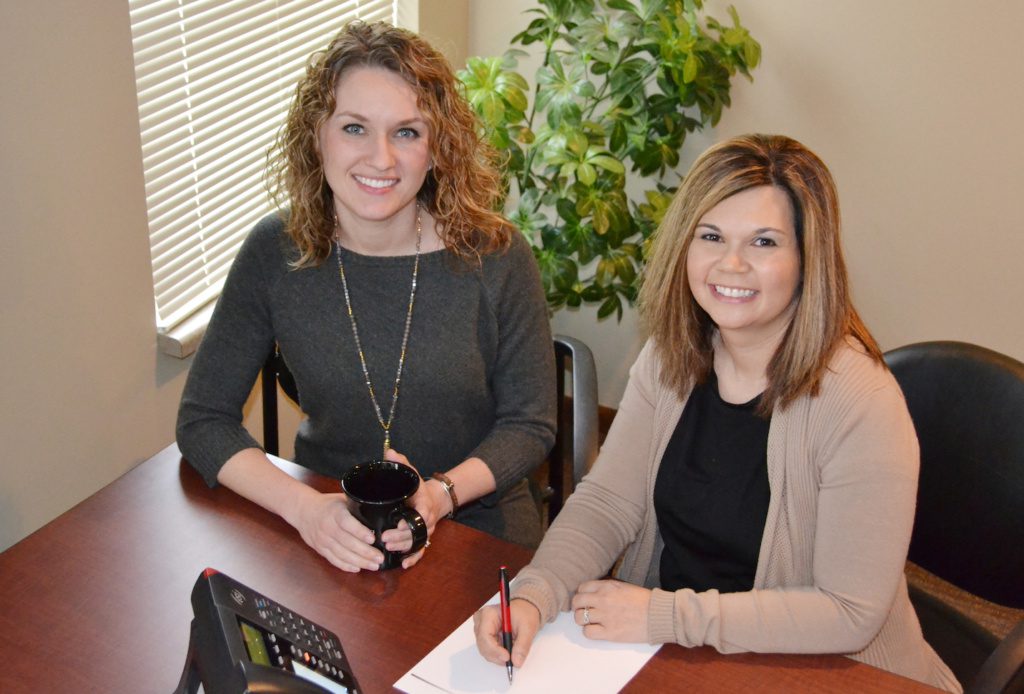
You have a significant number of women on your management team. Is that by design or did it naturally occur, and how do you think it affects your business?
I think that it has happened naturally for the most part. We never think about that when hiring or feel a woman was the only person we would hire. We have and have had a number of men in leadership and supervisor roles. However, we do have a majority of women making this great company work every day. Our business does demand a great deal of multitasking and compassion and objective-thinking skills, and women can be quite good with those things through their other life experiences.
You’ve been active in the Prairie Family Business Association for many years, including serving on the advisory board. What are some of the greatest benefits you’ve found?
Oh, this could be the entire article! We have benefited in multiple, multiple ways. There are so many great people we have met and business stories we have heard. The variety of types of industry and businesses in our region is fascinating. The products and services and the quality of the product and services are equally as intriguing as are the people. The struggle in family and business is real for everyone no matter the size or location or nature of the business. It is through sharing with each other the similarities and stages of family business that we find real value and have been inspired and taught things about our own business approach.
It is so good getting to know people in family business around our region that are so willing to share their family and business story. We continually all learn from each other. Our business has tapped into so many resources through the Prairie Family Business Association. From meeting facilitators, strategic planners, personal coaching and company speakers, we continue to find some of our best business resources through PFBA and the members. The Prairie Family Business Association is first-class with first-class speakers at the conference and experts available in breakout sessions to speak and teach. These are things that a small business doesn’t usually have access to.
I also participate in the Leading Generation Affinity Peer Group. We meet four times a year, and it consists of business owners that are leading their organizations and are planning transition or in some stage of transition. It has been one of the very best things that I have done through the PFBA. All of the meetings are in a confidential setting with your peers. We hold each other accountable for goals and progress with our businesses and with our family relationships.
You’ve participated in many events through Prairie Family, including a live case study. For those who haven’t done that, what did it entail and what benefit did you find?
It was a good experience. We participated with one of the study groups of professionals. They had access to our key leaders and owners, and we agreed to come to meetings and answer questions and work on some transition goals as they brought them to our attention. It helped keep us on track and provided objective, affordable (the price of membership) professional consulting. We had a year with the professional study group, and we received a summary and book outlining their thoughts and recommendations for some specific areas we had been stuck on.
What’s next for Mills Property Management? Are you continuing to grow?
We are continuing to grow. 2018 looks to be a good year for growth, with new opportunities in some new communities in South Dakota. One of the core values that Mills Property operates out of is our Christian world view, and I know that God has used this business to teach me so many things about myself.
This is our Mills Property Management mission: Providing homes to enjoy, places to work and services to envy. Making perfection matter.
Hopefully, Mills Property Management can continue for a long time to come — to provide these things and to be a Christian light to everyone that we work with and everyone that we work for.

